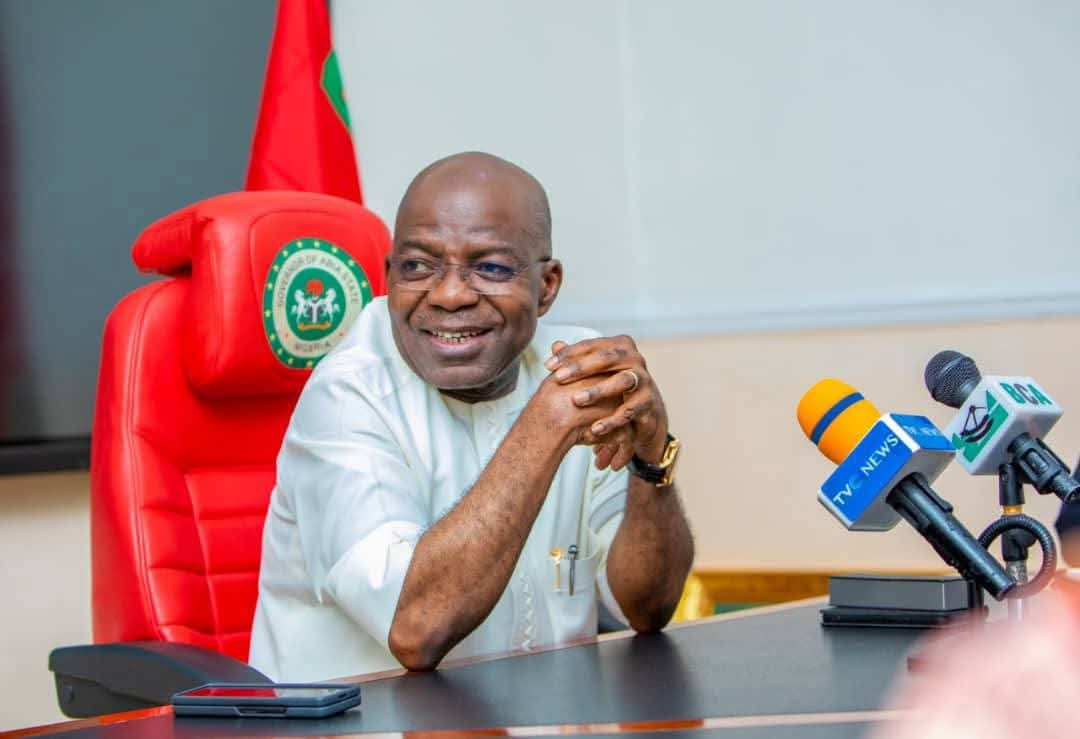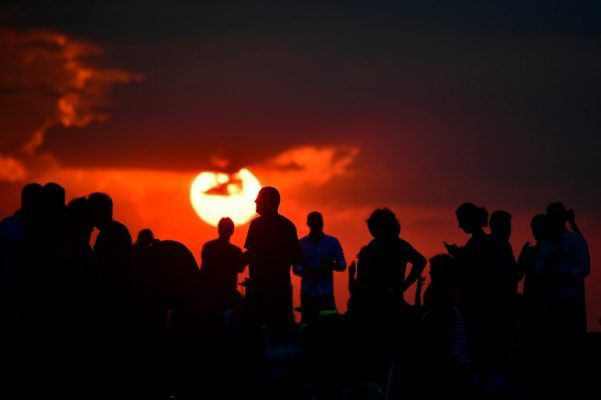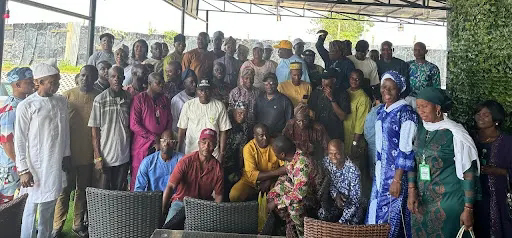KalimNews | May 26, 2025 | Kalimpong : The National Institute of Open Schooling (NIOS) is set to include Nepali as a subject at the senior secondary level, following confirmation from the institute’s chairperson, Professor Pankaj Arora. The decision is expected to be implemented after the completion of the ongoing comprehensive curricular revision.
Darjeeling MP Raju Bista, who has been advocating for the inclusion of Nepali in the national education framework, announced the development after receiving an official communication from Professor Arora. The inclusion aligns with the National Education Policy (NEP) 2020 and the National Curriculum Framework (NCF), under which the National Council of Educational Research and Training (NCERT) is developing course materials in all constitutionally scheduled languages. NIOS is working in coordination with NCERT to align its curriculum development efforts with this national initiative.
MP Bista had earlier raised the issue with the Minister of State for Education, Dr. Sukanta Majumdar, following a formal request submitted by the Darjeeling Nepali Girls’ Social Service Centre (DNGSSC). In his appeal, Mr. Bista had strongly emphasized that Nepali is one of the 22 official languages recognized in the Eighth Schedule of the Indian Constitution, and therefore, it merits inclusion in NIOS’s academic offerings at the senior secondary level.
Sharing his response with the public, Mr. Bista expressed satisfaction that the chairperson of NIOS acknowledged the request and confirmed that the matter would be taken forward once the broader curriculum framework is finalized. He quoted Professor Arora as stating that as part of the NEP 2020 and NCF vision, NCERT is developing content in all scheduled languages, and NIOS is aligning its curriculum accordingly. Hence, the proposal to include Nepali at the senior secondary level will progress once the current curricular overhaul is completed.
Mr. Bista called this a positive step towards recognizing India’s rich linguistic and cultural diversity. He remarked that soon, Nepali would hold its rightful place among the principal languages offered under the NIOS senior secondary curriculum, allowing greater representation and educational inclusion for Nepali-speaking students across the country.
He further emphasized that the preservation, promotion, and active use of one’s language is a shared responsibility among educators, parents, institutions, community leaders, and individuals. According to him, language is an essential part of cultural identity, and by fostering Nepali, people not only honor their heritage but also ensure a strong cultural connection for future generations.
In his closing message, he urged everyone to keep the Nepali language vibrant in all aspects of life, to practice it actively, and to uphold its dignity, stating that such efforts will keep the cultural roots strong and thriving.









